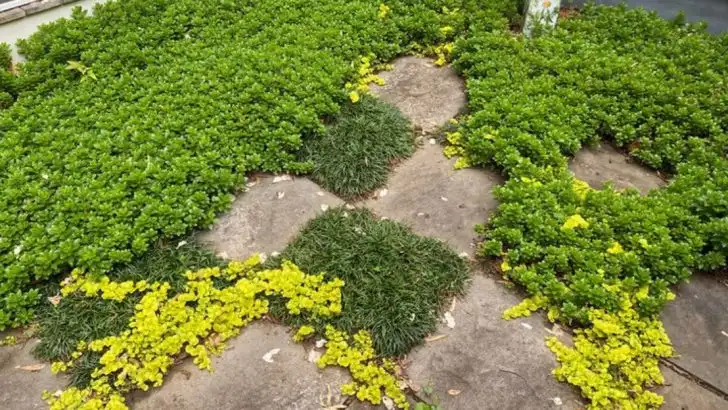For years, I mulched religiously—every spring, every bed. It seemed like the only way to keep weeds down, lock in moisture, and protect the soil. But one season, I decided to skip it. What followed surprised me—and changed the way I garden.
Without mulch, I noticed how certain ground covers took over, how the soil responded, and how beneficial insects moved in. The garden didn’t fall apart. In fact, some things got better—more diversity, healthier soil, and unexpected beauty.
In this article, I’ll share what happened when I stopped using mulch—and what I learned about letting plants and soil work together naturally.
Increased Weed Growth
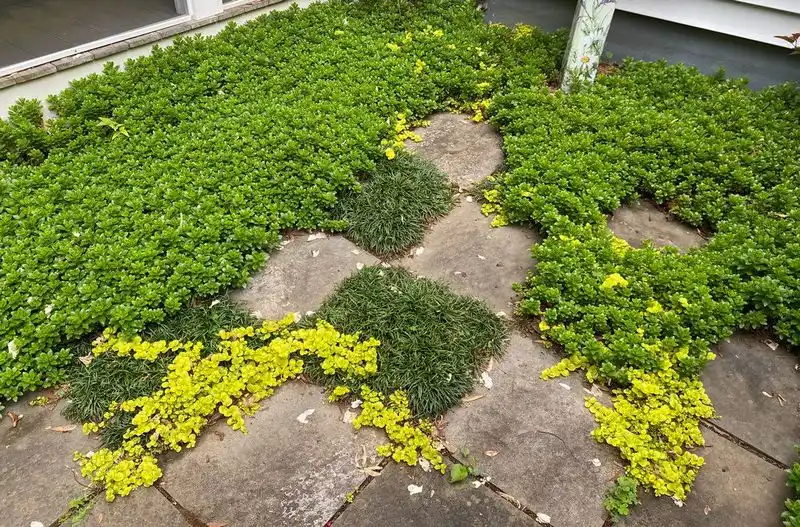
One spring morning, my garden began to resemble a jungle. Without the protective barrier of mulch, weeds took the opportunity to thrive. It was an uphill battle to keep them in check. The absence of mulch allowed sunlight to reach dormant weed seeds, sparking rapid growth. Hand-pulling became a daily ritual. Despite the effort, it taught me resilience and how quickly nature can reclaim its territory.
Soil Erosion Issues
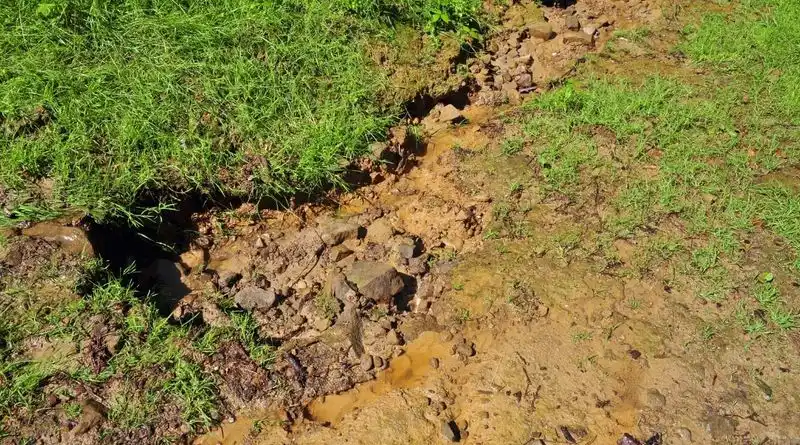
Rainy days turned into a soil-slide spectacle. Without mulch, there was nothing to hold the soil in place, leading to visible erosion after each downpour. My garden beds began to lose their shape. The experience was eye-opening, showing how mulch acts as a stabilizing agent. This challenge highlighted the importance of soil conservation and prompted me to explore alternative methods to protect my garden’s integrity.
Improved Soil Temperature Regulation
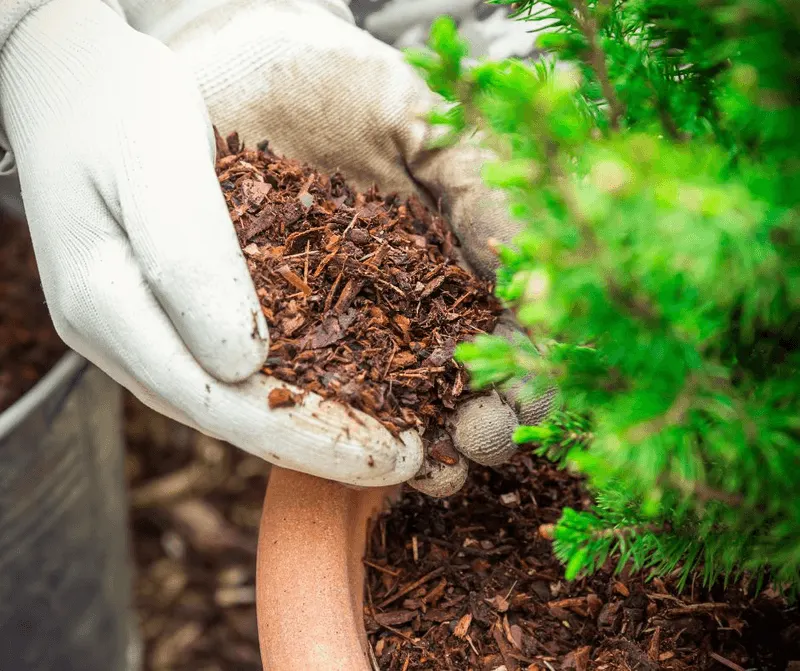
Surprisingly, some plants seemed happier without the mulch. During cool nights, the bare soil retained warmth better, benefiting certain temperature-sensitive plants. It was fascinating to observe the microclimates forming within the garden. Without mulch, the soil’s ability to warm faster during the day also became apparent. This change offered a lesson in understanding plant preferences and adapting gardening practices to seasonal shifts.
Increased Pest Activity
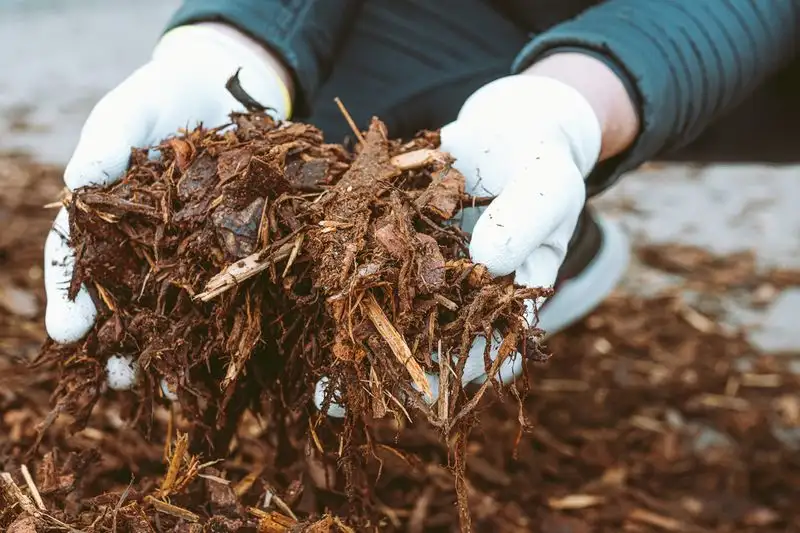
I noticed an unwelcome rise in garden visitors. Without mulch, pests like slugs and snails found it easier to traverse the garden, leading to increased plant damage. These critters took advantage of the unobstructed paths. Managing their numbers became a priority. It underscored the role mulch plays in creating a physical barrier against pests. This experience was a reminder of the delicate balance needed to maintain a healthy garden ecosystem.
Enhanced Water Absorption
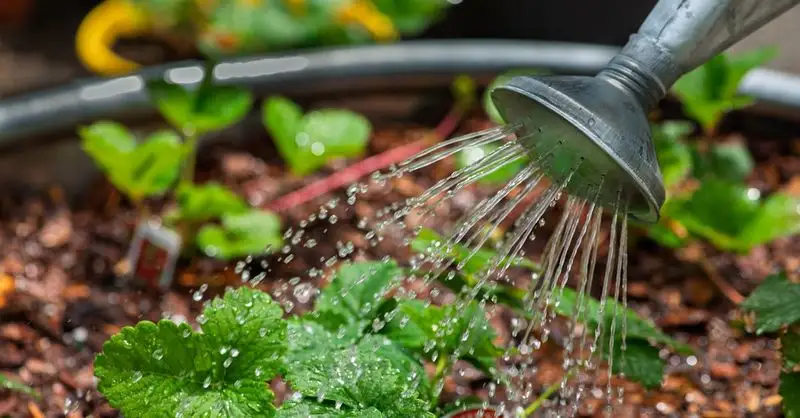
On the flip side, I noticed that rainwater seeped into the soil more efficiently. Without a mulch layer, water reached the roots directly, reducing runoff. This improvement in water absorption was evident, especially during dry spells. It was a valuable insight into how mulch can sometimes hinder water penetration. However, this change came with the challenge of balancing moisture levels without the buffer mulch provides.

